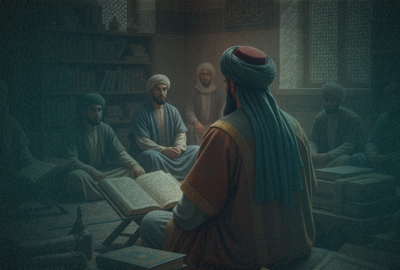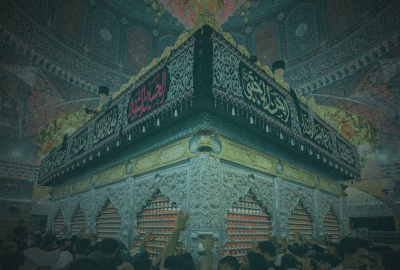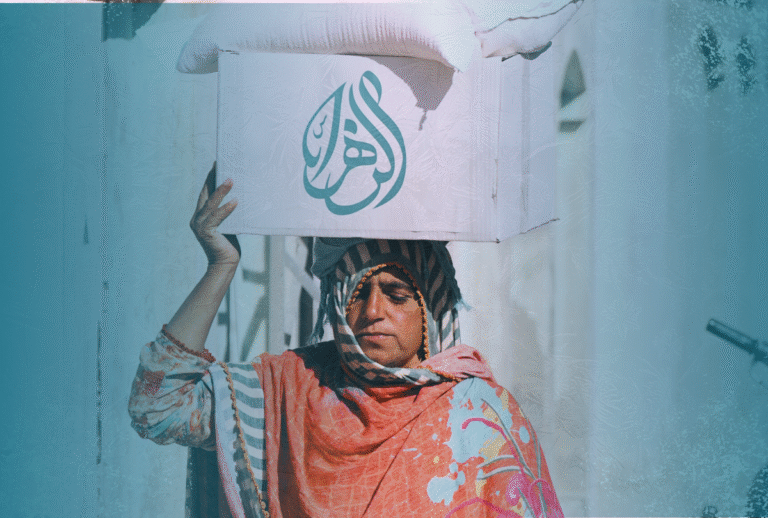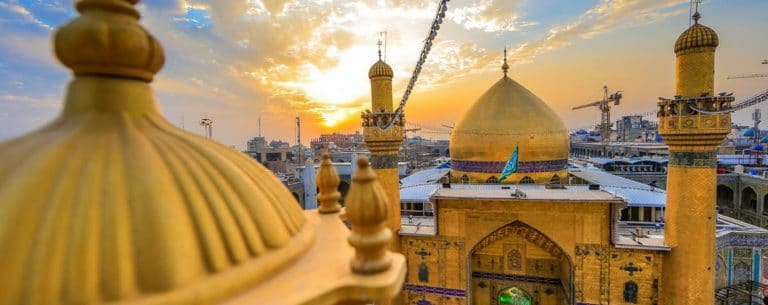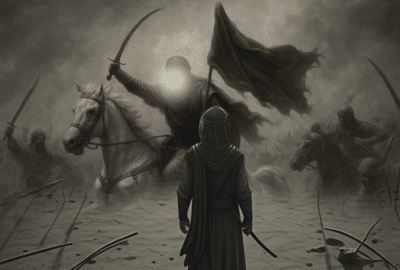5 of the Most Influential Islamic Teachers in History
Teachers don’t just educate – they shape minds, hearts, and entire generations.
In Islam, teaching is deeply embedded in our history. And as we mark World Teachers’ Day, it is only fitting that we look to the legacy of knowledge within our own tradition.
The Holy Prophet (saww) and the Ahlulbayt (as) were not just spiritual leaders, but lifelong teachers who left behind a timeless legacy of learning.
Here are 5 of the most influential Islamic teachers in history, whose lives continue to inspire seekers of knowledge around the world.
1. Prophet Muhammad (saww): The Greatest Teacher
The Holy Prophet (saww) didn’t just bring revelation – he taught it.
His teachings were not only divine but also practical, touching on both spiritual and worldly understanding.
“Seeking knowledge is incumbent upon every Muslim, male and female.” – Prophet Muhammad (Al-Majlisi Bihar al-Anwar, vol. 1. p. 177)
He was, and remains, the greatest teacher in Islamic history.
2. Imam Ali (as): The Gateway to Knowledge
Imam Ali (as) stands as a beacon of intellect and eloquence. His sermons, letters, and judicial rulings continue to be studied for their depth and wisdom.
The Nahjul Balagha, a compilation of his writing and teachings, is considered one of the greatest works in Islamic literature.
“A person setting forth for the acquisition of knowledge is like the one who struggles in the way of God.” – Imam Ali (Al-Majlisi, Bihar al‑Anwar, vol. 1, p. 179)
Through his knowledge, Imam Ali (as) opened the gateway to divine understanding.
3. Imam Ja’far Al-Sadiq (as): The Scholar of Scholars
Imam Al-Sadiq (as) revolutionised Islamic education.
He taught over 4,000 students, including prominent Sunni scholars like Abu Hanifa and Malik ibn Anas. His influence extends from jurisprudence and theology to the natural sciences.
“The one who is pious in the world, Allah places wisdom in his heart and makes his tongue reproduce it (uttering the words of wisdom). And makes him aware and knowledgeable about the faults and shortcomings of the world and its diseases and ailments and their cures. And transfers him out of the world in a pure and perfect condition toward the house of peace (i.e. the next world).” – Imam Al-Sadiq (Bihar ul-Anwar. Vol. 73. P 48)
He is known as the father of the Ja’fari school of thought, and his classroom left an eternal mark on Islamic civilization.
4. Imam Hussain (as): The Teacher of Dignity
Karbala wasn’t just a historical tragedy. It was a timeless lesson for humanity.
Imam Hussain (as) taught us that truth, justice, and sacrifice are worth more than life itself. His actions on the plains of Karbala became a sermon for the oppressed and a lesson in standing up for what is right.
“I am not rising (against Yazid) as an insolent, or an arrogant, or a mischief-monger or as a tyrant. I have risen (against Yazid) as I seek to reform the ummah of my grandfather. I wish to bid the good and forbid the evil, and to follow the way of my grandfather and my father, Ali bin Abi Talib.” – Imam Hussain (al-Khatib al-Khuwarazmi, Maqtal al-Husayn, vol. I, p. 88)
Learn more about the legacy of Imam Hussain (as) here.
5. Sayyida Zainab (sa): The Teacher of Truth
After the tragedy of Karbala, it was Lady Zainab (sa) who rose as the voice of truth.
Her sermons in Kufa and Damascus weren’t just speeches – they were acts of revolutionary teaching.
She exposed injustice, upheld the honour of Ahlulbayt (as), and ensured that the message of Karbala would never be forgotten.
“If you have gained something today by shedding blood, you will certainly be a loser on the Day of Judgment. On that day nothing but your deeds will count.” – Sayyida Zainab (Balāghatun Nisa’, Abul Fazl Ahmad bin Abi Tahir, (208–280 A.H.)
Sayyida Zainab (sa) taught with eloquence and unwavering faith; and preserved the legacy of Islam through her bravery.
Honour Their Legacy
On this World Teachers’ Day, let’s:
- Reflect on the legacy of the Ahlulbayt (as)
- Support teachers and students worldwide
- Seek knowledge – and share it sincerely
Get involved today – and help uphold the Islamic legacy of education.
FAQ
Some of the most influential teachers in Islamic history include Prophet Muhammad (saww), Imam Ali (as), Imam Ja’far Al-Sadiq (as), Imam Hussain (as), and Sayyida Zainab (sa). These revered figures not only taught Islamic knowledge but lived lives of justice, compassion, and sacrifice.
Prophet Muhammad (saww) is called the greatest teacher because he taught the message of Islam through wisdom, patience, and compassion. He transformed an entire society through his knowledge and lived example, making learning a central part of faith.
Imam Ali (as) contributed profoundly to Islamic education through his sermons, judicial rulings, and letters. His wisdom is preserved in Nahjul Balagha, and he is often referred to as the “Gateway to Knowledge” due to his deep understanding of divine and worldly matters.
Imam Al-Sadiq (as) taught over 4,000 students, including leading scholars from different schools of thought. He laid the foundation for the Ja’fari madhhab, influencing fields like theology, jurisprudence, and science. His teachings remain central to Shia Islam.
After the tragedy of Karbala, Sayyida Zainab (sa) played a vital role in preserving and spreading the message of Imam Hussain (as). Through powerful public sermons, she exposed tyranny, defended truth, and taught the values of courage and faith to generations.
The Zahra Trust supports Islamic education by providing access to schools for orphans and long-term aid to vulnerable communities. Their work helps uphold the Islamic value of seeking and spreading knowledge.
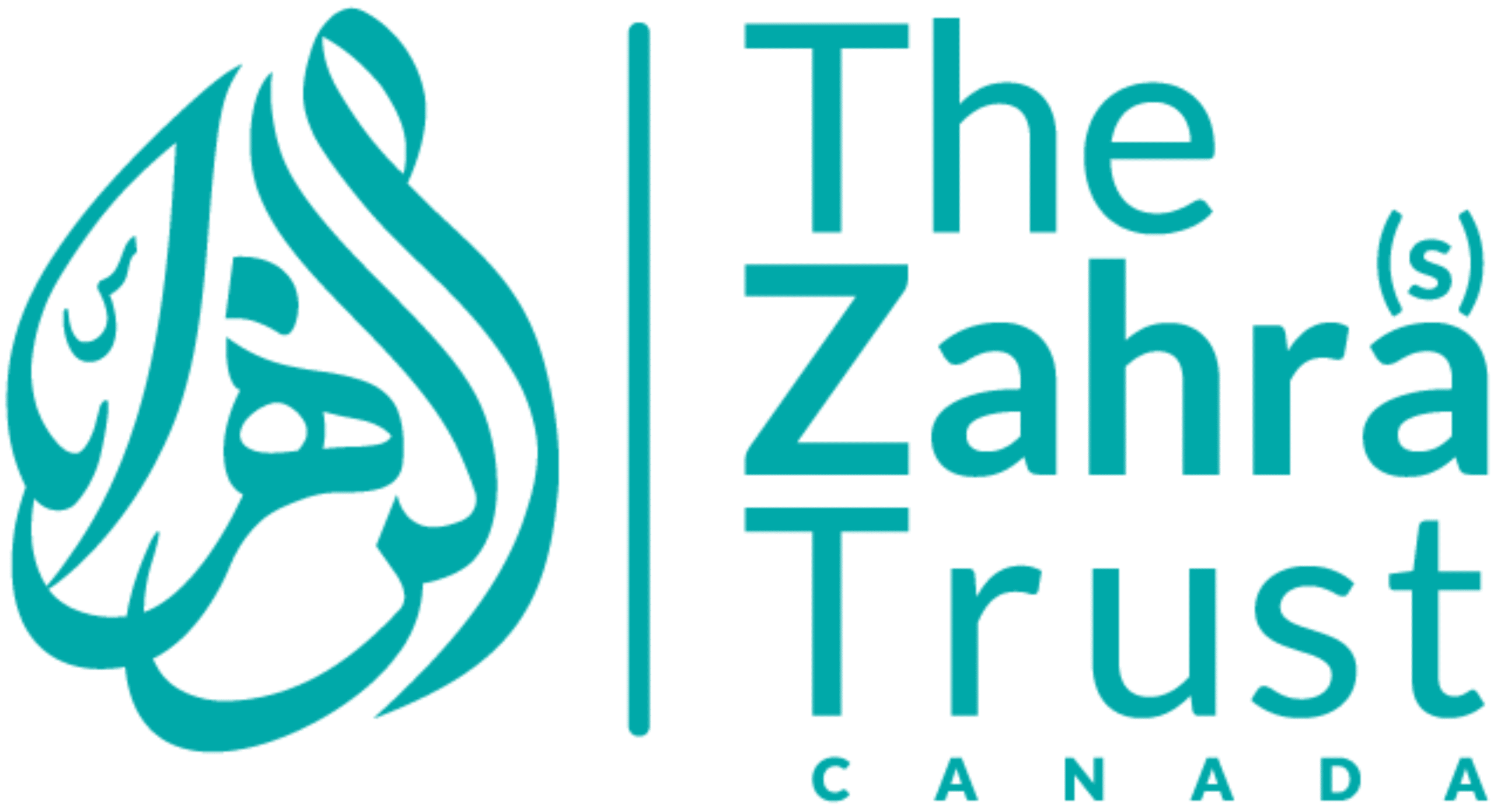

 Donate Now
Donate Now
 Donate
Donate
